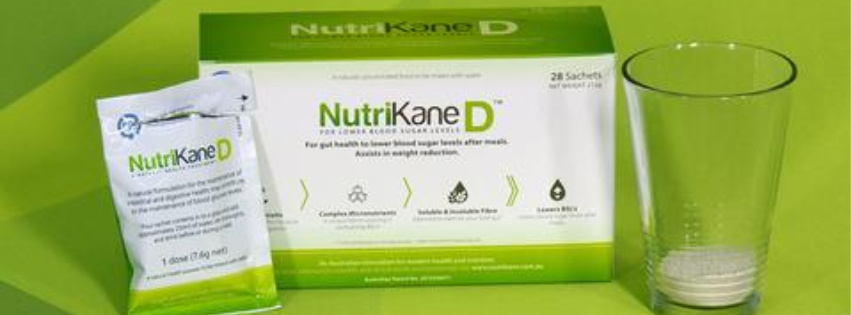
Experts agree that fermented foods are a healthy choice. The importance of a healthy gut microbiome has resulted in an explosion of ‘health food’ options on supermarket shelves; however, are all fermented foods good for you? There is good evidence that fermented foods can help in some ways, but you need to be careful when choosing which foods, you eat.
Fermented foods are defined as foods or beverages produced through controlled microbial growth, and the conversion of food components through enzymatic action. Fermentation usually takes place in an oxygen free environment. The beneficial bacteria eat part of the ingredients. Examples of common fermented foods and drinks include kombucha, kimchi, sauerkraut, apple cider vinegar and yoghurt.
Fermented foods can be beneficial for four main reasons:
A common criticism of fermented foods is that the bacteria used are not specifically known probiotic strains. This is true but not necessarily important. A diverse microbiome is known to have significant medical benefits outside of any specific bacterial content. In addition, several studies have been performed on fermented foods for medicinal benefits. These studies show an improvement to outcomes for Type 2 diabetes, obesity, and heart disease. Fermented foods are also reported to alleviate symptoms of IBS and help ease the negative impact of antibiotics. On balance, the benefits of adding naturally fermented foods to your diet are scientifically backed.
It is undeniable that naturally fermented foods are a healthy choice. They have little sugar when made properly and are a useful source of micronutrients. However, many commercial products trick consumers by hiding unhealthy choices behind a fermented food claim. They do this several ways:
Fermented foods can be good for you if selected properly but it is important to remember:
IMPORTANT LEGAL INFO This article is of a general nature and FYI only, because it doesn’t take into account your personal health requirements or existing medical conditions. That means it’s not personalised health advice and shouldn’t be relied upon as if it is. Before making a health-related decision, you should work out if the info is appropriate for your situation and get professional medical advice.
This article first appeared on NutriKane and has been reproduced with the author's permission. We write about products and services we think you might like and may receive payment if you click on the links in this article or go on to make a purchase.

NutriKane D is a safe, natural, concentrated medical food that contains all of the types of dietary fibre (not just simple soluble fibres), resistant starch, and a wide range of essential micronutrients that have been shown to nourish the gut microbiome, reduce systemic inflammation and ultimately help control blood sugar levels. Buy it from Starts at 60 at an exclusive price of $36!